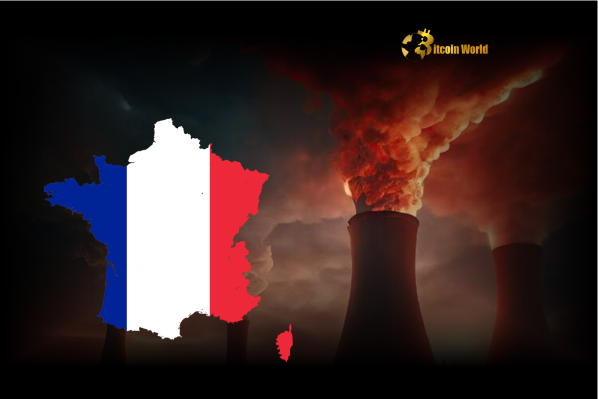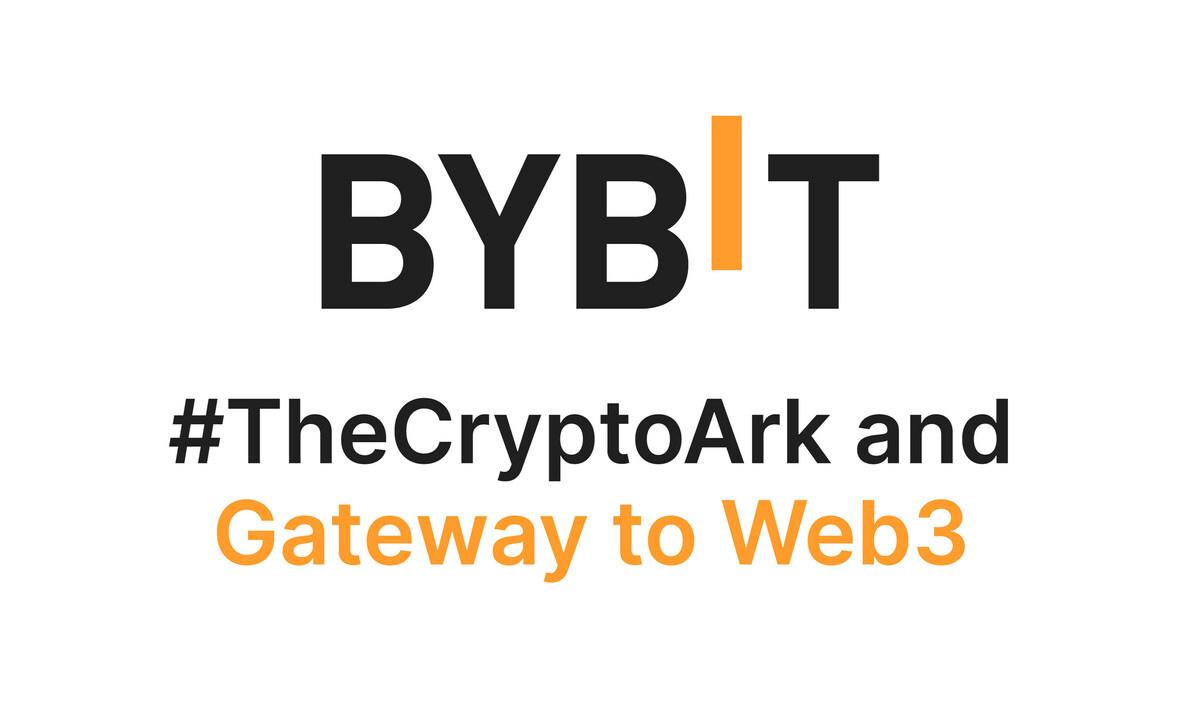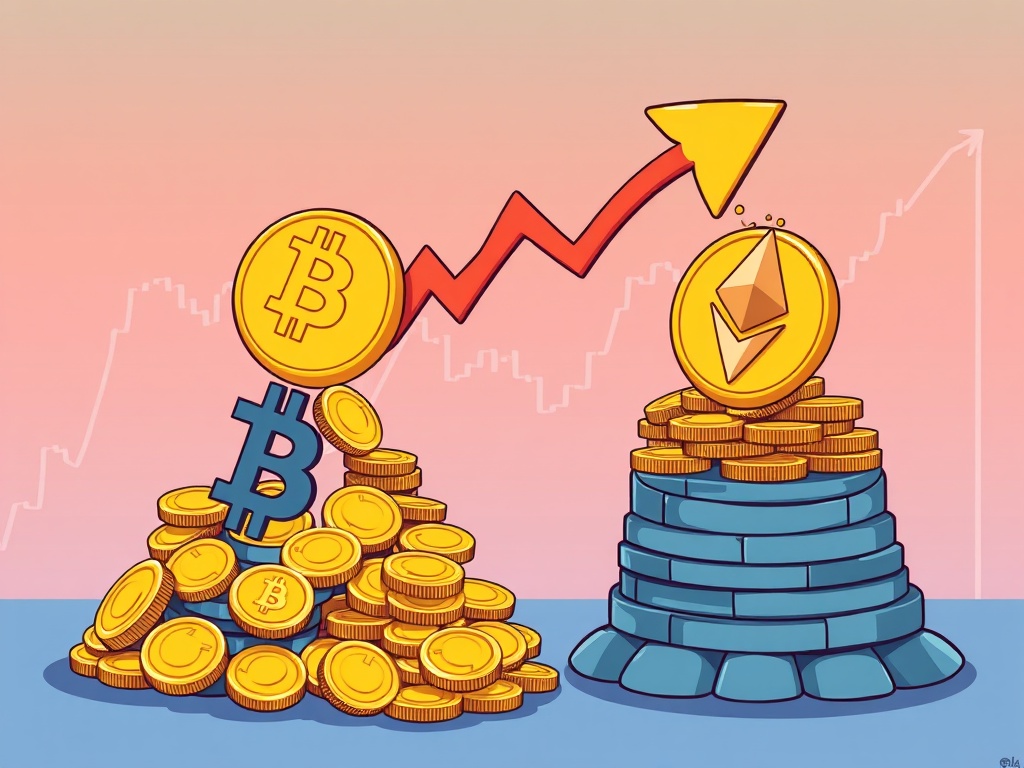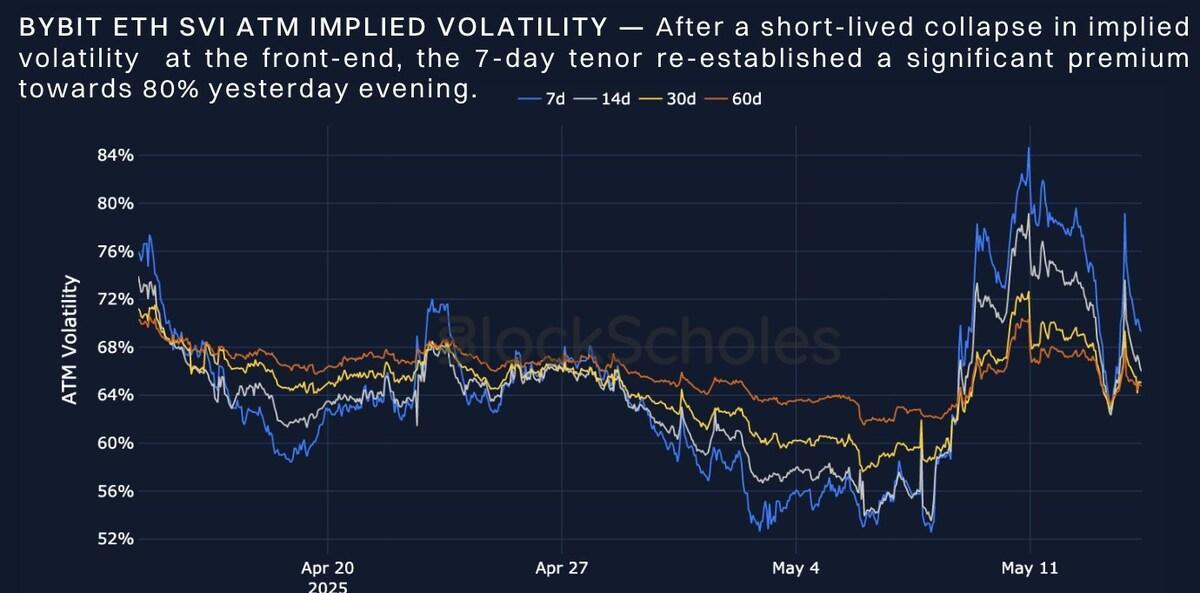BitcoinWorld

Revolutionary Step: France Eyes Nuclear Energy Surplus for Sustainable Bitcoin Mining
Imagine a world where the energy powering the future of finance also helps balance national power grids and utilizes clean energy sources. This isn’t science fiction; it’s potentially the future being shaped in France. Recent developments suggest that French lawmakers are seriously considering a groundbreaking proposal to integrate Bitcoin mining operations into the nation’s existing energy infrastructure, specifically by leveraging the significant surplus generated by its extensive Nuclear energy France network.
This bold initiative, initially brought to light via reports from sources like @solidintel_x on X, represents a potentially significant shift in how countries view both cryptocurrency mining and national energy management. By tapping into power that might otherwise go unused or be sold at lower rates, France could position itself as a leader in Sustainable crypto mining, addressing common environmental concerns associated with the industry while simultaneously bolstering its own French energy strategy.
What’s Driving This Potential Integration of Bitcoin Mining?
At its core, this proposal is driven by a confluence of factors related to energy economics and the evolving landscape of digital finance. France boasts one of the world’s most robust nuclear power programs, providing a large percentage of its electricity. While incredibly reliable, nuclear plants are designed to run continuously at or near full capacity. This can sometimes lead to periods of Energy surplus, particularly during times of low demand or high renewable energy production. Managing this surplus effectively is a constant challenge for grid operators.
Simultaneously, Bitcoin mining has emerged as a significant energy consumer globally. The process, which involves powerful computers competing to solve complex mathematical problems to validate transactions and secure the network, requires substantial electricity. This energy demand has often drawn criticism regarding its environmental footprint, especially when powered by fossil fuels.
The French proposal sees an opportunity in this dynamic: pair the energy-hungry process of Bitcoin mining with the periods of excess clean energy production from nuclear plants. This could provide a consistent, reliable, and potentially low-cost power source for miners, while also offering the grid a valuable, interruptible load that can consume surplus power when needed, helping to stabilize the network.
How Does Nuclear Energy France Fit into the Picture?
France’s reliance on nuclear power is a defining feature of its energy profile. Unlike many nations, France made a strategic decision decades ago to invest heavily in nuclear technology to achieve energy independence and reduce carbon emissions. Today, nuclear reactors account for roughly 70% of the country’s electricity generation, making France a global leader in nuclear energy utilization.
This extensive infrastructure, while providing clean and stable baseload power, also presents unique challenges in grid management. Nuclear plants are not easily ramped up or down in response to fluctuating demand or variable renewable energy input (like solar or wind). This inflexibility means that during periods of low demand, particularly overnight or on weekends, the grid can experience an Energy surplus. Finding ways to efficiently use or store this surplus energy is crucial for grid stability and economic efficiency.
Traditionally, managing surplus involves exporting power, storing it (though large-scale, cost-effective storage is still developing), or in some cases, curtailing production (which is inefficient for nuclear). The idea of directing this surplus to energy-intensive operations like Bitcoin mining offers a novel solution that could be mutually beneficial.
Exploring the Potential Benefits of This French Energy Strategy
Integrating Bitcoin mining with France’s nuclear surplus could unlock several significant advantages, aligning economic, environmental, and strategic goals:
- Economic Opportunities: Utilizing surplus energy provides a revenue stream for energy producers that might otherwise be lost. It can also attract Bitcoin mining operations to France, creating jobs (though perhaps not as many as traditional industries, given the automated nature) and potentially generating tax revenue. For miners, access to reliable, potentially cheaper, clean energy is a major operational advantage.
- Grid Stability and Efficiency: Energy-intensive loads like Bitcoin mining can act as ‘flexible demand.’ When there’s an Energy surplus, miners can increase operations, consuming the excess power. When demand from other sectors is high, mining operations can be curtailed or powered down, freeing up capacity. This interruptible load helps balance the grid, reducing the need for costly curtailment or reliance on less flexible power sources.
- Promoting Sustainable Crypto Mining: This is perhaps the most compelling benefit from a global perspective. By powering mining with clean, low-carbon nuclear energy, France would significantly contribute to reducing the overall carbon footprint associated with Bitcoin mining. This addresses a major criticism leveled against the industry and promotes a model for Sustainable crypto mining that other nations with significant clean energy sources could potentially emulate.
- Strategic Integration into French Energy Strategy: Officially incorporating Bitcoin mining into the national energy plan acknowledges its growing importance as an industry and provides a framework for managing its energy needs in a controlled and beneficial manner. It signals France’s willingness to engage with emerging technologies and potentially become a hub for clean crypto operations.
- Reducing Reliance on Fossil Fuels: By providing a clean power source for mining, this initiative indirectly reduces the pressure on fossil fuel-based electricity generation that might otherwise be used for mining elsewhere.
What Challenges Might France Face?
While the potential benefits are substantial, implementing such a strategy is not without its hurdles. French lawmakers and energy operators would need to carefully navigate several challenges:
- Regulatory Framework: Establishing clear regulations for how Bitcoin mining operations can connect to the grid and utilize surplus power is essential. This includes defining tariffs, connection requirements, and protocols for curtailment during peak demand.
- Infrastructure Requirements: While France has ample generation, ensuring sufficient transmission and distribution capacity to transport surplus power to potential mining sites is necessary. Mining facilities also require specific infrastructure, including cooling systems and secure locations.
- Public Perception: Despite using clean energy, the energy consumption of Bitcoin mining remains a topic of public debate. Educating the public about the ‘surplus utilization’ aspect and the benefits for grid stability will be crucial to garnering support.
- Market Dynamics: The profitability of Bitcoin mining is highly dependent on the price of Bitcoin and the cost of electricity. While surplus energy might be cheaper, ensuring long-term viability for miners requires stable energy pricing and a favorable regulatory environment.
- Technical Integration: Seamlessly integrating energy-intensive, interruptible loads like mining farms into the existing grid management system requires sophisticated technical solutions and coordination between grid operators and mining companies.
Addressing these challenges effectively will require careful planning, collaboration between the energy sector and the crypto industry, and potentially new policy innovations as part of the broader French energy strategy.
Examples and Global Context: Is France Alone in This Thinking?
France’s proposal, while potentially revolutionary in its scale due to the nation’s nuclear capacity, is part of a broader global trend exploring how energy-intensive computing, including Bitcoin mining, can be integrated with energy production, particularly surplus or otherwise wasted energy.
For instance:
- Utilizing Flare Gas: In regions with significant oil and gas production (like parts of the US, Canada, and Africa), miners are setting up operations to use natural gas that would otherwise be flared (burned off). This turns waste energy into productive output and reduces methane emissions compared to flaring.
- Geothermal Energy: Countries with abundant geothermal resources, like Iceland and El Salvador, are using this clean, renewable energy source to power mining operations.
- Hydroelectric Power: Regions with significant hydroelectric capacity, such as parts of China (though regulations have changed), Canada, and Scandinavia, have historically attracted miners due to low energy costs, though this also presents challenges during dry seasons or peak demand.
- Capturing Waste Heat: Some innovative projects are exploring using the significant heat generated by mining operations for other purposes, such as heating buildings or greenhouses, further improving energy efficiency.
The French approach, focusing on nuclear surplus, adds a powerful new dimension to this global conversation. It highlights the potential for established, large-scale clean energy infrastructure to play a role in the future of digital assets, moving the narrative around Bitcoin mining towards one of efficiency and Sustainable crypto mining.
What Does This Mean for the Future of Bitcoin Mining and Energy?
If the French proposal moves forward successfully, it could serve as a significant case study for other nations with substantial nuclear or large-scale renewable energy infrastructure that experience periods of Energy surplus. It could:
- Shift the geographical landscape of Bitcoin mining, attracting operations to regions with favorable clean energy policies.
- Accelerate the adoption of Sustainable crypto mining practices globally, pushing the industry towards cleaner energy sources.
- Influence future energy policy, demonstrating how energy-intensive computing can be managed as a flexible, beneficial load on the grid.
- Potentially stabilize energy markets by providing a consistent consumer for surplus power.
This development underscores the dynamic relationship between technology and infrastructure. As the crypto industry matures, its integration with traditional sectors like energy becomes increasingly important. France’s potential move is a bold step in this direction, seeking to harmonize the energy demands of the digital age with the realities and opportunities of existing national energy resources as part of a forward-looking French energy strategy.
Actionable Insights for the Reader
For those following the intersection of crypto and energy, this French proposal offers several key takeaways:
- Monitor Policy Developments: Keep a close eye on legislative progress in France regarding this amendment and related energy policies. Policy is a major driver for where Sustainable crypto mining can thrive.
- Understand Energy Sources: When evaluating mining operations or investments, pay attention to their energy mix. Initiatives like France’s highlight the growing importance of clean and efficient energy sourcing for long-term viability and public acceptance.
- Recognize Grid Dynamics: The concept of using interruptible loads like mining to manage Energy surplus is a critical aspect of modern grid management. Understanding this can provide insight into future energy infrastructure developments.
- Consider the Global Context: France is not in isolation. Look for similar initiatives or discussions in other countries with significant clean energy production (hydro, nuclear, large-scale solar/wind).
- Engage in the Conversation: As these proposals develop, participate in informed discussions about the role of crypto mining in energy transitions and the potential for Sustainable crypto mining models.
These insights are crucial for investors, policymakers, energy professionals, and crypto enthusiasts alike, offering a glimpse into how national strategies are adapting to technological change.
In Conclusion: A Strategic Alignment for a Greener Future?
The proposal by French lawmakers to explore using surplus Nuclear energy France for Bitcoin mining represents a potentially pivotal moment. It’s a strategic move that seeks to align the energy demands of a burgeoning digital industry with the practical realities of managing a large, clean energy infrastructure. By potentially turning an Energy surplus challenge into an opportunity to foster Sustainable crypto mining, France could set a precedent for how nations can integrate energy-intensive technologies into their national French energy strategy in an environmentally responsible and economically beneficial way.
While challenges remain, the core idea is compelling: leveraging existing clean energy assets to power the future of finance. This initiative highlights the innovative thinking required to bridge traditional infrastructure with cutting-edge technology, potentially paving the way for a greener, more stable energy future alongside the growth of the crypto economy.
To learn more about the latest Bitcoin mining trends, explore our article on key developments shaping Bitcoin energy utilization and institutional adoption.
This post Revolutionary Step: France Eyes Nuclear Energy Surplus for Sustainable Bitcoin Mining first appeared on BitcoinWorld and is written by Editorial Team





